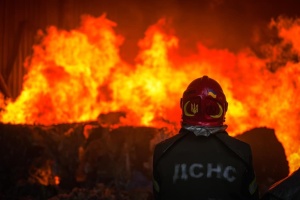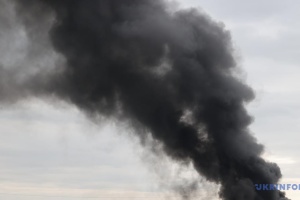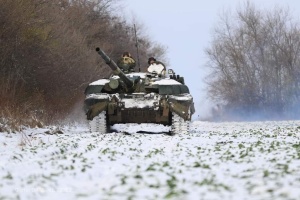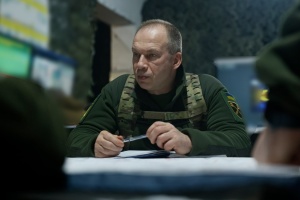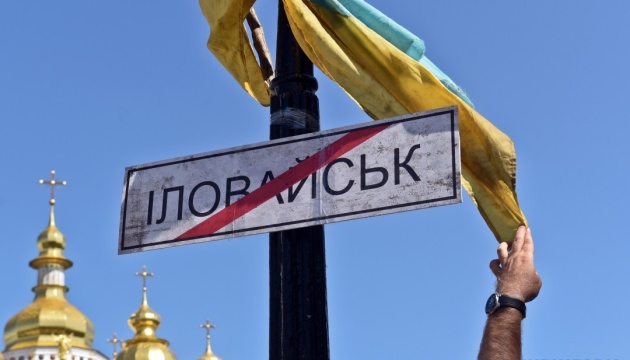
Explaining complex things in simple words: Honoring fallen soldiers, Ukraine-NATO council, water condition
Ukrinform
The Center for Strategic Communication and Information Security pursues efforts to provide a brief explanation to foreign audiences on the current topics of particular interest as regards Ukraine.
Honoring the fallen soldiers
On August 29, Ukraine celebrates the Day of Remembrance of Defenders of Ukraine, who died in the struggle for Ukraine's independence, sovereignty, and territorial integrity.
- The date of August 29 is timed to the Ilovaisk tragedy of 2014, when Russian troops shot the convoys of ATO forces leaving Ilovaisk through the “green corridor” provided by the Russian Federation.
- Ilovaisk is a page of Ukrainian indomitability, despite the loss and deception of the enemy, our soldiers did not give up but continued to break out of the trap and fight.
- This day also reminds us of the insidiousness and treachery of the aggressor. And about the fact that Russian so-called “peace initiatives” cannot be trusted under any circumstances.
- Since the time of Ilovaisk, the Ukrainian army has become stronger and repels regular Russian troops. Two years ago, a counteroffensive operation began in the south of Ukraine, which ended with the liberation of Kherson.
- On this day, we remember those who died in the Ilovaisk tragedy, as well as all defenders who died in the Russian-Ukrainian war. While the war continues, we cannot voice our losses, but we will do our best to honour each one.
2. Ukraine-NATO council
On August 28, a meeting of the Ukraine-NATO Council convened at Kyiv's request was held.
- The Ukraine-NATO Council was established at the NATO summit in July2023 and serves as a forum for joint consultations, decision- making, and activities between NATO and Ukraine.
- This time, the reason for convening a meeting of the Ukraine-NATO Council was a massive Russian missile and drone attack on August 26.
- Allies strongly condemned Russia's indiscriminate strikes and reaffirmed their commitment to further strengthening Ukraine's defences.
- The participants discussed further plans for the supply of air defence systems and missiles to Ukraine. The issue of creating an air defence shield, the so-called security belt over the border (western) regions of the state, was also discussed.
- More and more allies support the lifting of restrictions on the use of long- range weapons for Ukraine's self-defence within the framework of international law.
3. Water condition
The media, with reference to the State Agency of Melioration and Fisheries, reported that on August 14, the Russians began dumping toxic substances into the Seim River, which belongs to the Desna and Dnipro basins.
- The State Ecological Inspection of the Capital District did not detect an excess of the maximum allowable concentrations of organic and mineral substances in the Desna River within the Kyiv region. The oxygen content is also within normal limits. No evidence of fish deaths has been found.
- JSC Kyivvodokanal says that the situation with water treatment and supply in the capital is under control. The water supplied to the house is safe, its capacity is constantly controlled, and there is no threat to residents.
- Any changes in the quality of water in the river will be promptly noticed, and, based on this, the process of cleaning and disinfection of tap water will be adjusted.
- Information about possible actions of the Russian side directed against the safety of the environment, in particular, poisoning of rivers, is being checked.
- For safety reasons, the Kyiv Regional Military Administration recommends not to use the water of the Desna River at the moment, to prohibit swimming and fishing, as well as the use of river water for economic needs and watering livestock.

